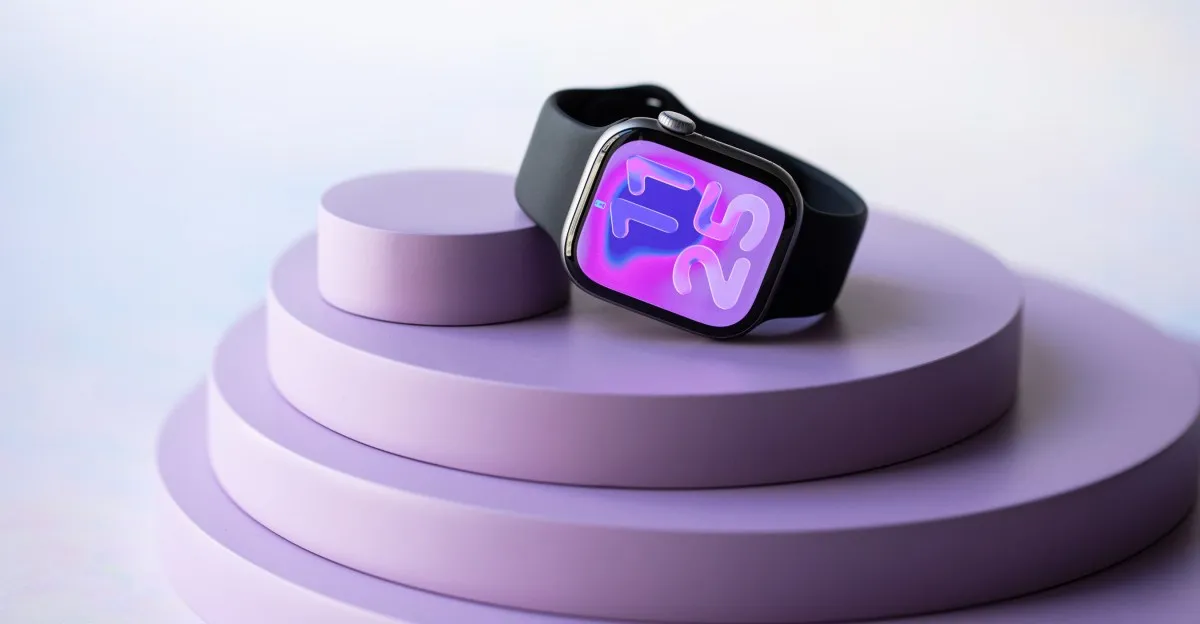
The Apple Watch Series 11 has arrived, and while it is undoubtedly a great smartwatch, it doesn't evoke the excitement seen in previous iterations. Priced at $399, the Series 11 serves as the middle child of Apple’s smartwatch lineup. Its position is somewhat overshadowed by the significantly upgraded Apple Watch SE 3 and the feature-rich Apple Watch Ultra 3, which includes advanced capabilities like satellite connectivity. Unfortunately, the Series 11 fails to differentiate itself significantly from the entry-level SE 3, with users primarily paying for a bit of refinement.
In terms of hardware, the Apple Watch Series 11 offers only minor upgrades over its predecessor. It features a redesigned dual antenna for enhanced 5G connectivity, a larger battery, and a more scratch-resistant display. While these improvements are beneficial, they do not drastically change the user experience. The most notable updates come from watchOS 26, which is available for older models as well, making the Series 11 less appealing as a standalone upgrade.
One of the standout features of the Series 11 is its battery life. For the first time, Apple has estimated a battery life of 24 hours on a single charge, a significant leap from the previous "all-day" 18-hour estimate. The larger battery, with a 9% increase in the 42mm model and an 11% increase in the 46mm version, combined with a more efficient 5G modem, contributes to this newfound confidence in battery performance. However, in real-world testing, the improvements are modest, with users still experiencing similar performance to the Series 10.
The Apple Watch Series 11 is designed with user comfort in mind. It maintains the same dimensions as the Series 10 but features thinner bezels, resulting in a display that is 25-30% larger. This makes it particularly appealing for older users or those with smaller wrists, as it feels less cumbersome compared to the bulkier Ultra 3. Despite the lack of exclusive health features, the Series 11 is positioned as a health-focused smartwatch, offering advanced capabilities that appeal to health-conscious users.
When it comes to health tracking, the Series 11 does not disappoint. It includes FDA-cleared hypertension notifications and a new Sleep Score feature, although these are also available on older models with watchOS 26. The Sleep Score provides a comprehensive analysis of sleep quality, focusing on factors users can control, such as sleep duration and consistency. This shift towards actionable insights makes it easier for users to improve their sleep habits.
With the release of watchOS 26, the Series 11 benefits from several software enhancements that are not exclusive to this model. Key features include a revamped Smart Stack for widgets and a new wrist-flick gesture for easier navigation. Additionally, the introduction of the Notes app on the wrist and improved call features further enhance the overall user experience, making it more intuitive and user-friendly.
The Apple Watch Series 11 finds itself in a peculiar spot within the Apple ecosystem. While it incorporates solid features, it lacks standout elements that make it a must-have for current Apple Watch users, particularly those with Series 9 or 10 models. For newcomers or those looking for a budget-friendly option, the Apple Watch SE 3 might be the more logical choice. Conversely, fitness enthusiasts may still prefer the Ultra 3 for its rugged durability and advanced features.
Overall, the Apple Watch Series 11 is a reliable smartwatch that excels in battery life and health tracking. However, it does not offer enough unique features to entice current Apple Watch users to upgrade. Those satisfied with their existing Series 7 or later may find better value in upgrading other Apple devices, such as their iPhone or AirPods, rather than switching to the Series 11.